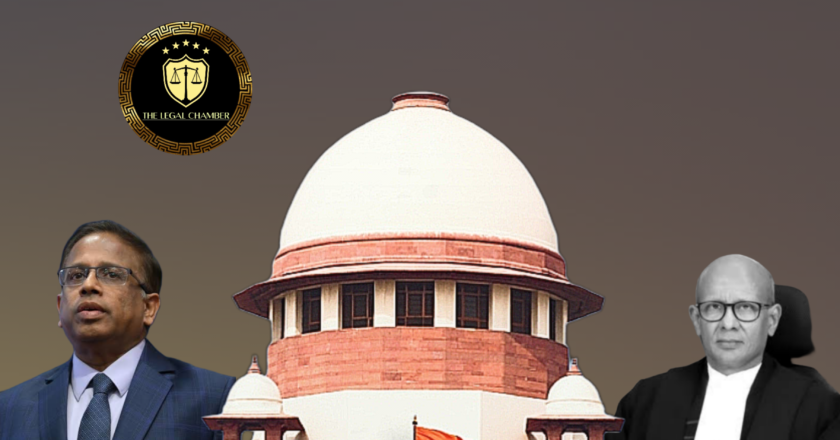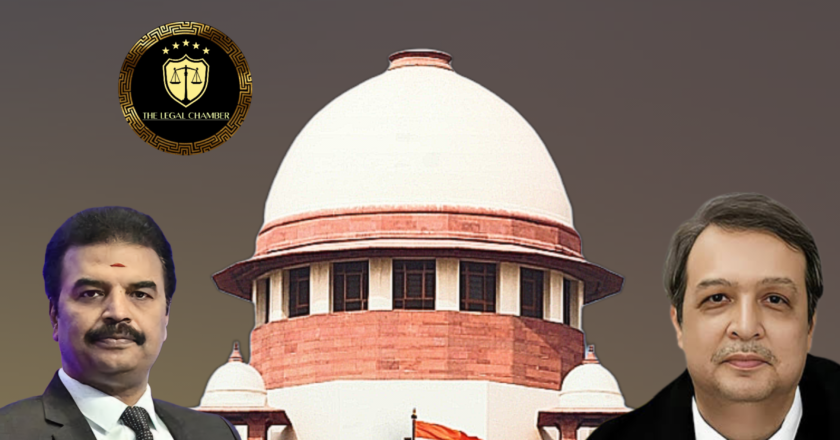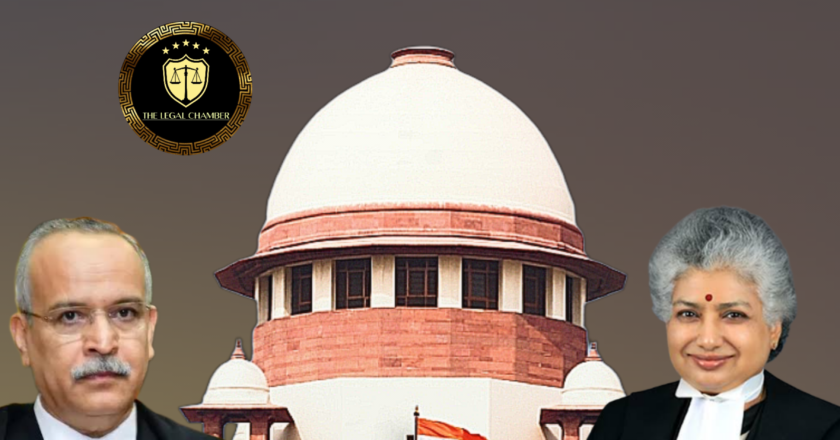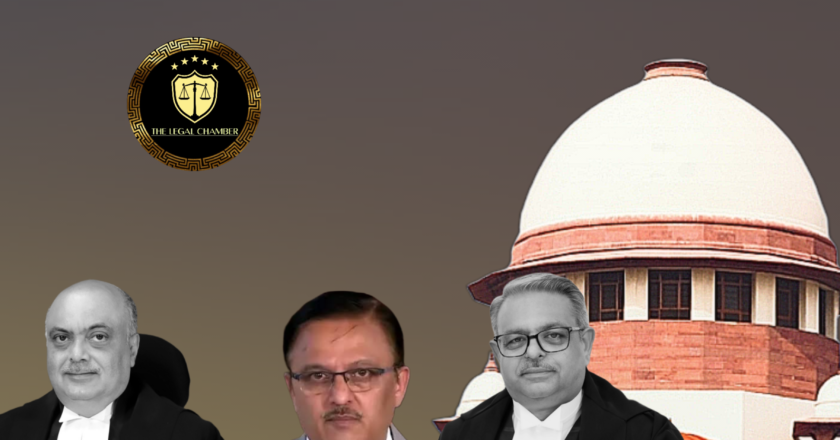Supreme Court Overrules Precedent on Power of Attorney Validity in Property Sales
The Supreme Court examined the validity of documents executed by a Power of Attorney (PoA) holder under the Registration Act, 1908. It held that a PoA holder remains an agent, not an "executant" under Section 32(a), and must comply with Sections 32(c), 33, 34, and 35 for authentication. The court disagreed with the earlier Rajni Tandon ruling, emphasizing that a PoA holder cannot bypass statutory scrutiny while executing or presenting documents for registration. The issue was referred to a larger bench for clarity.
Facts Of The Case:
The case revolves around the validity of an Irrevocable General Power of Attorney (GPA) dated 15.10.1990, allegedly executed by Ranveer Singh and his wife, Gyanu Bai, in favor of their tenant, G. Rajender Kumar. Using this GPA, Rajender Kumar executed three ...






